A total of 166 U.S. and international Fellows participated in the Asia-Pacific Orientation Course (APOC) 19-2 at the Daniel K Inouye Asia Pacific Center for Security Studies, Honolulu. The five-day course concluded on July 19.
APOC is designed to build resilient capacity, shared understanding, and networked relationships among civilian and military practitioners and institutions to advance a Free and Open Indo-Pacific.
The course offerings included lectures by subject matter experts on salient sub-regional security trends and dynamics in the Indo-Pacific region. Additionally, Fellows had the opportunity to engage with Assistant Secretary of Defense Dr. James Anderson, who briefed them on strategic competition. The trinity of plenary presentations, seminar discussions, and electives formed the core components of the program. They provided the space for collective critical thinking to enable problem-solving and transformational learning.
The class, normally geared towards U.S. Fellows, had a ratio of 81 percent U.S. and 19 percent international participation from 11 locations. These included Australia, Canada, Chile, Hong Kong, Indonesia, Japan, Malaysia, New Zealand, Singapore, Republic of Korea and Taiwan. Fellows were an even mix of military and civilian officials providing opportunities to discuss interagency networks and cooperation. Fifty-seven women attended the course, the highest ever enrolled in APOC. As 35% of the class, they exceeded the APCSS aspirational target of one-third.
Course Manager Dr. Saira Yamin was encouraged by the enthusiasm of the APOC 19-2 Fellows.
“Fellows remained purposefully involved in the intense week-long executive education experience offered by APOC,” said Yamin. “It was a very gratifying experience for our team. We strive to provide an inclusive, participatory and transparent learning environment, one that advances a shared and nuanced understanding of the regional environment. Our Fellows appreciated the opportunity to learn diverse perspectives provided both by faculty and their peers, as well as by examining them through different frames. Fellowship, critical thinking and networking were some of the highlights of the course.”
In providing Course Management feedback on the APOC experience, one of the Fellows stated that “APCSS provided a transformational experience rather than just a transactional exchange of knowledge. There is something magical about APCSS that will make this experience an unforgettable one.” Another Fellow dubbed the course as a “highly informative and cultural experience”. Future iterations of the APOC will be titled IPOC or Indo-Pacific Orientation Course in line with the emerging policy perspective.
APOC is one of six formal courses at DKI APCSS that follow a model of participant-centered learning. The center is a Department of Defense institute that addresses regional and global security issues. Military and civilian representatives, most from the United States and Asia-Pacific nations, participate in a comprehensive program of executive education, professional exchanges and outreach events, both in Hawaii and throughout the Asia-Pacific region.
The Center supports U.S. Pacific Command by developing and sustaining relationships among security practitioners and national security establishments throughout the region. DKI APCSS’ mission is to build capacities and communities of interest by educating, connecting and empowering security practitioners to advance Asia-Pacific security. It is one of the Department of Defense’s five regional security studies centers.
Since opening in 1995, more than 12,694 alumni representing over 136 locations have attended DKI APCSS courses and workshops.



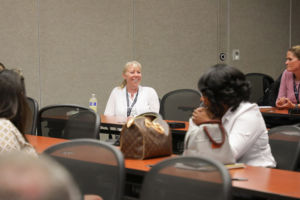
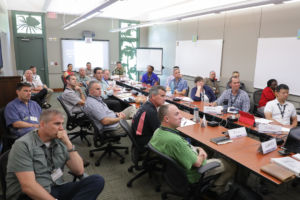
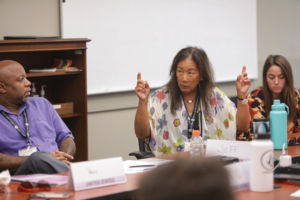
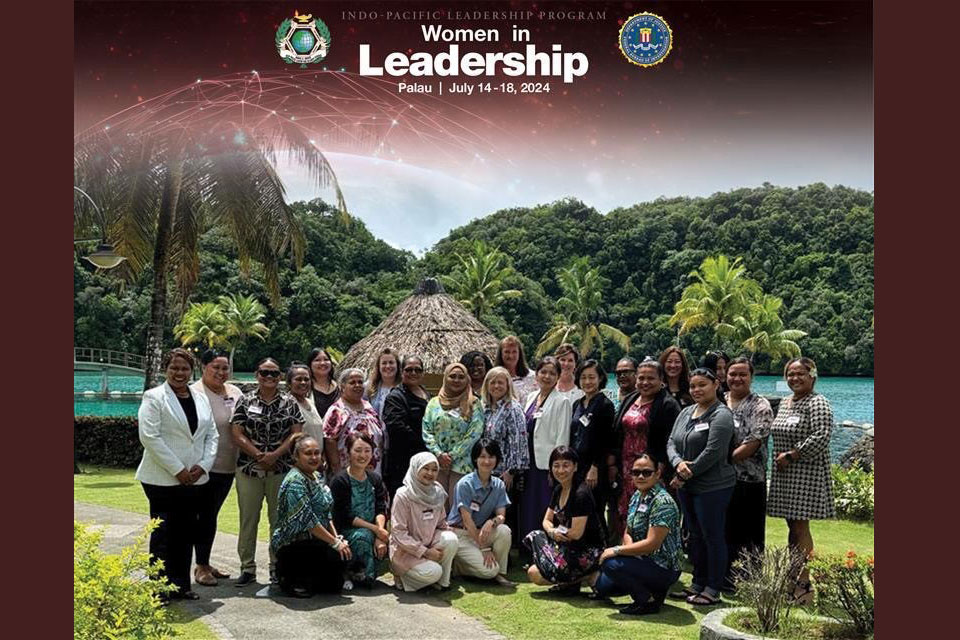
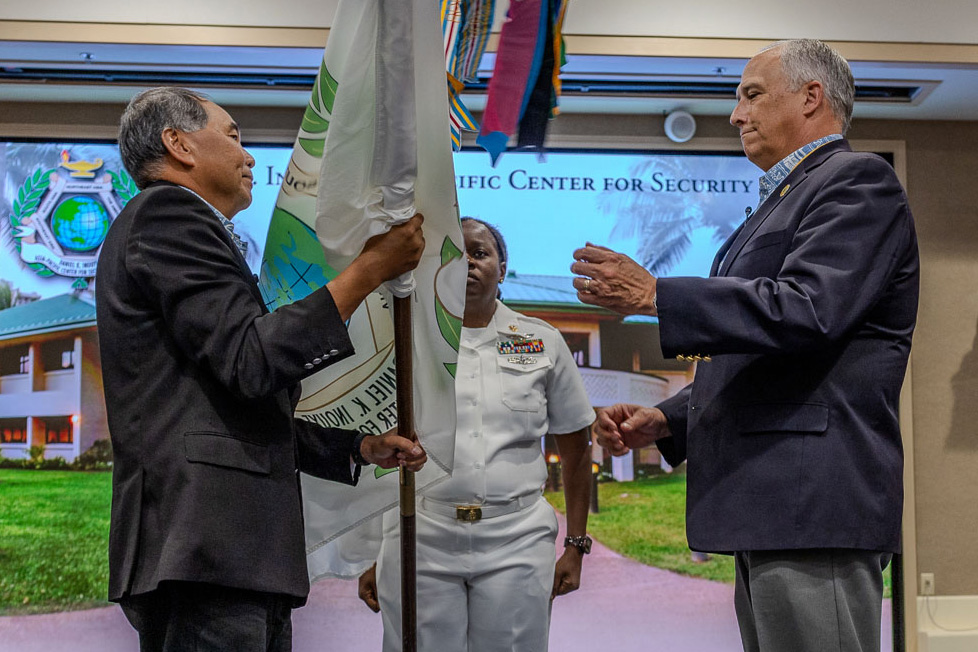
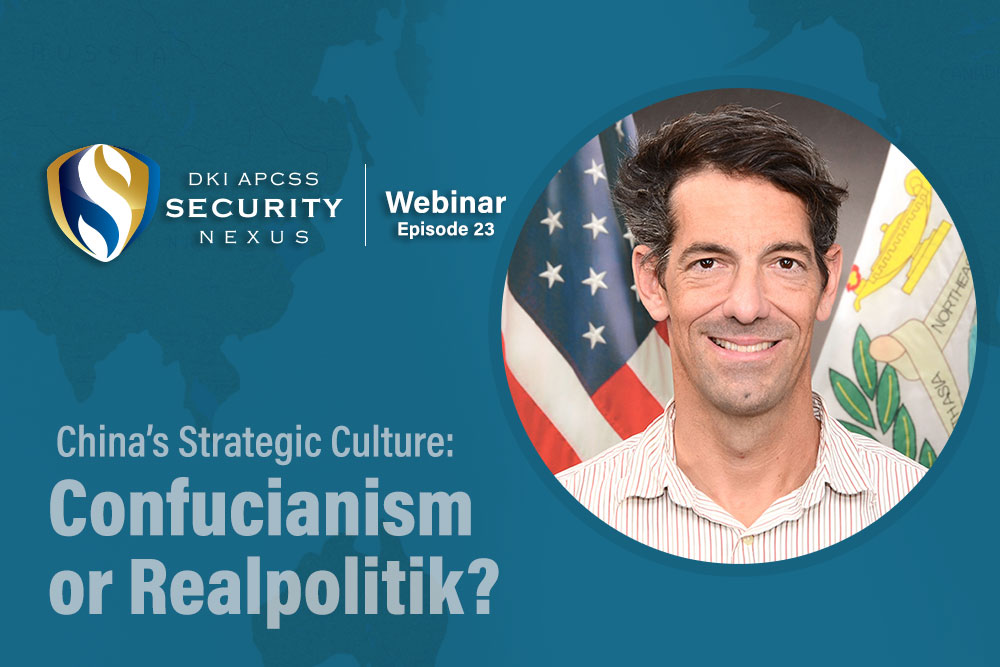




Leave A Comment